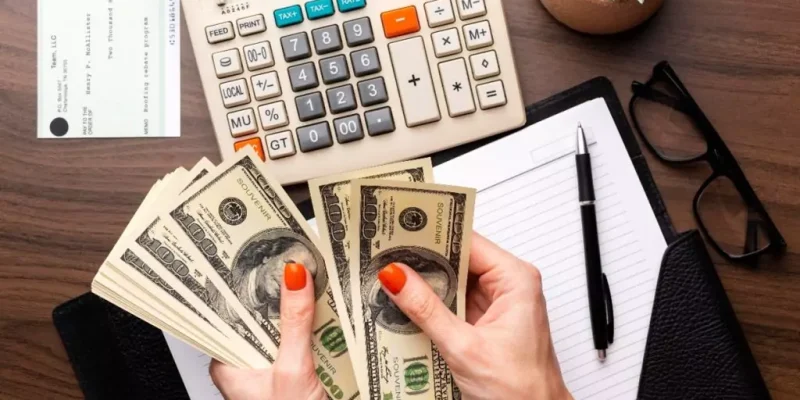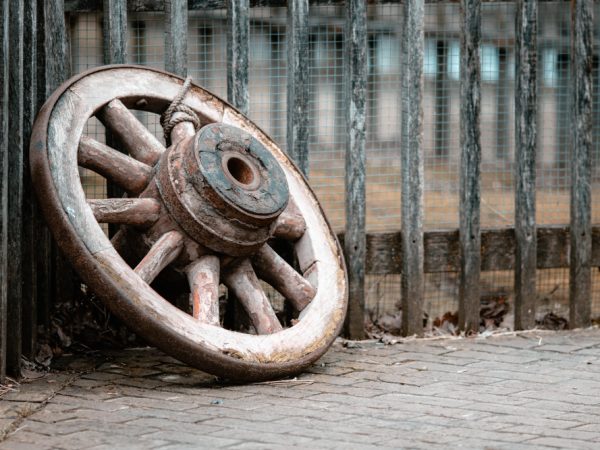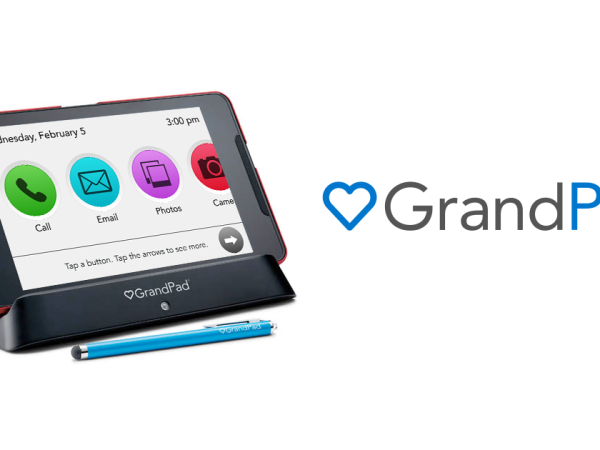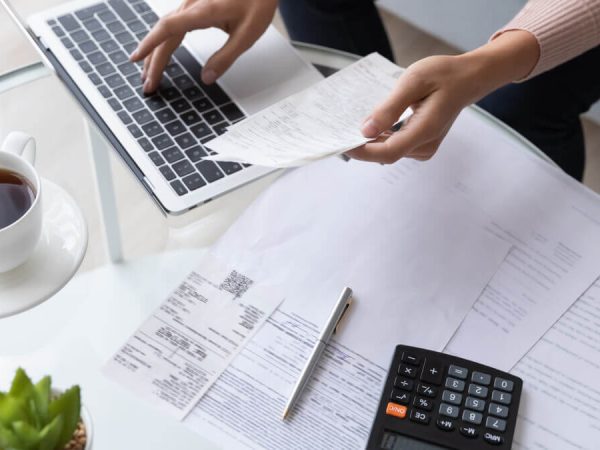Small Business Debt Collection: How to Recover What You’re Owed Professionally and Legally

Cash flow is the lifeblood of small businesses. When clients or customers fail to pay on time—or at all—it can jeopardize operations, payroll, and growth. That’s why having a clear small business debt collection strategy is essential for sustainability and success.
In this guide, we’ll walk through the best ways to collect unpaid invoices professionally, when to escalate to a collections agency, and how to prevent overdue accounts in the future.
What Is a Small Business Debt Collection?
Small business debt collection refers to the process of recovering money owed by clients or customers, typically from unpaid invoices, overdue payments, or defaulted contracts. This may involve internal efforts, hiring a third-party collection agency, or even legal action in extreme cases.
Common Causes of Unpaid Invoices
- Client cash flow issues
- Poor communication or unclear terms
- Billing errors or disputes
- Lack of follow-up from the vendor
- No formal payment policy or contract
Tip: Setting expectations upfront is the first step in preventing collection problems.
Step-by-Step Guide to Small Business Debt Collection
Send Friendly Payment Reminders
Start with gentle email or phone reminders shortly after the due date. Sometimes clients simply forget.
Issue Formal Payment Notices
If a payment remains outstanding after 30 days, send a written notice including:
- Invoice number
- Amount due
- New payment deadline
- Late fee (if applicable)
Pick Up the Phone
A direct conversation can uncover issues and speed up resolution. Keep it professional and solution-focused.
Offer Payment Plans
If the client is willing but unable to pay the full amount, create a documented payment schedule.
Send a Final Demand Letter
Before escalating to collections, send a last written warning outlining legal consequences if unpaid.
When to Hire a Debt Collection Agency
If 60–90 days pass with no resolution, it may be time to bring in a small business debt collection agency.
Pros:
- Saves your time and energy
- Increases likelihood of recovery
- Agencies follow legal and regulatory guidelines
- Often work on contingency (no fee unless they collect)
Top Agencies for Small Businesses:
- The Kaplan Group
- Atradius Collections
- Rocket Receivables
- Summit Account Resolution
- IC System
Choose an agency experienced in B2B collections for the best results.
Legal Considerations for Small Business Collections
- Always comply with the Fair Debt Collection Practices Act (FDCPA)
- Keep detailed records of all communication and attempts to collect
- Send written documentation before pursuing legal action
- Consult an attorney for accounts over a certain value or involving legal disputes
What Not to Do When Collecting Debt
| Mistake | Better Approach |
| Aggressive or threatening behavior | Maintain professionalism at all times |
| Ignoring follow-ups | Stay consistent but respectful |
| Not using contracts | Always use written agreements upfront |
| Giving up too early | Use reminders, follow-up, and escalation steps |
Prevent Future Debt Issues
Use Clear Contracts and Terms
Always include:
- Payment due date
- Late fee policy
- Accepted payment methods
- Collection steps for nonpayment
Require Deposits or Partial Prepayment
Especially for new or large clients.
Automate Billing and Reminders
Use accounting software like QuickBooks, FreshBooks, or Zoho Books to streamline invoicing and follow-ups.
Credit Check New Clients
For high-value contracts, conduct a basic credit review.
SEO Keyword Strategy
| Keyword | Placement |
| Small business debt collection | Title, meta, intro, strategy sections |
| Unpaid invoice recovery | How-to sections, legal tips |
| How to collect debt from clients | Subheadings, checklists |
| B2B debt collection strategies | Agency and tips sections |
| Debt collection agency for small business | Escalation steps |
Internal linking ideas:
- “How to write a late payment reminder email”
- “Best invoicing software for small businesses”
- “Signs your client might default on payment”
- “Freelance payment terms to include in contracts”
Conclusion
Small business debt collection doesn’t have to be confrontational or stressful. With the right strategies, clear communication, and legal support when needed, you can recover unpaid invoices while maintaining professionalism and client relationships.
Don’t wait until overdue accounts pile up. Create a clear collection process, document everything, and know when to escalate. After all, protecting your cash flow is protecting your business.
FAQs
1. How long should I wait before sending an invoice to collections?
Most businesses wait 60–90 days after the due date. However, sooner is better if the client is unresponsive.
2. Can I charge late fees legally?
Yes, if your contract or invoice terms include a clearly defined late fee policy.
3. What percentage do collection agencies take?
Typically 20%–50% of the recovered amount, depending on age and size of the debt.
4. Can I sue a client for unpaid invoices?
Yes. For significant debts, small claims court or a civil lawsuit may be appropriate. Seek legal advice first.
5. Can a collection agency damage a client’s credit score?
Yes—if reported to credit bureaus. This can encourage faster payment but may also impact the business relationship.
Also read: Is Store Equipment a Selling Expense? Accounting Explained for Small Businesses











